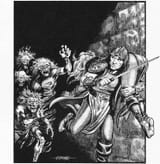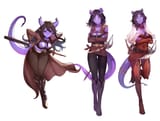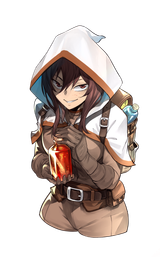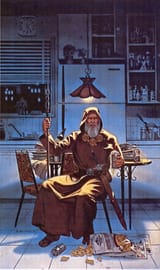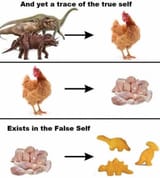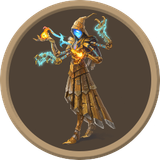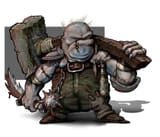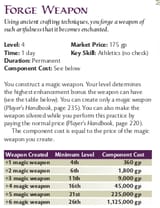>>96005768
>MMOs were created initially by the kind of nerds who like tabletop games
Yes, but they're also video games, and as a result had different demands and goals.
D&D traditionally has four or five roles, depending on who you ask: Warrior, Rogue, Priest, Mage, and then Face as the optional fifth. The thing is that unlike MMOs, only one of those describes your role in combat, Warrior. The Warrior does combat and little else.
The Rogue-types are skill monkeys that are primarily useful OUT of combat. They sneak around, disable traps, open locks, climb walls, bribe officials, etc.
The Priests heal and buff in combat, but they also talk to the gods and the trees, get you animal friends or call up an angel to do you a solid. They magic up food to eat and make water safe to drink.
The Mages toss around fireballs and lightning bolts, but they also have spells to mind control, to reshape terrain, to make people tell the truth, to move you from place to place whether that place is 30 feet away or on another plane of existence.
And then there's the Face, the guy who talks to people, negotiates with the townsfolk or the nobles, convince the dragon that you are in NO way strong enough to take not to eat you, charm the princess into letting you go, and so on.
The RPG roles described what your class did throughout an entire adventure, not just in combat.
4e's problem was that the Striker, Leader, Controller, and Tank roles describe what the classes do in combat and ONLY in combat. But even though combat has more than half of the rules, it is not more than half of the game. It's not uncommon for entire D&D sessions to feature little to no combat, instead focusing on traps and talking and exploration and planning and so on. And whereas in previous editions the classes would still have robust mechanical features to support that, in 4e, they were lacking.

